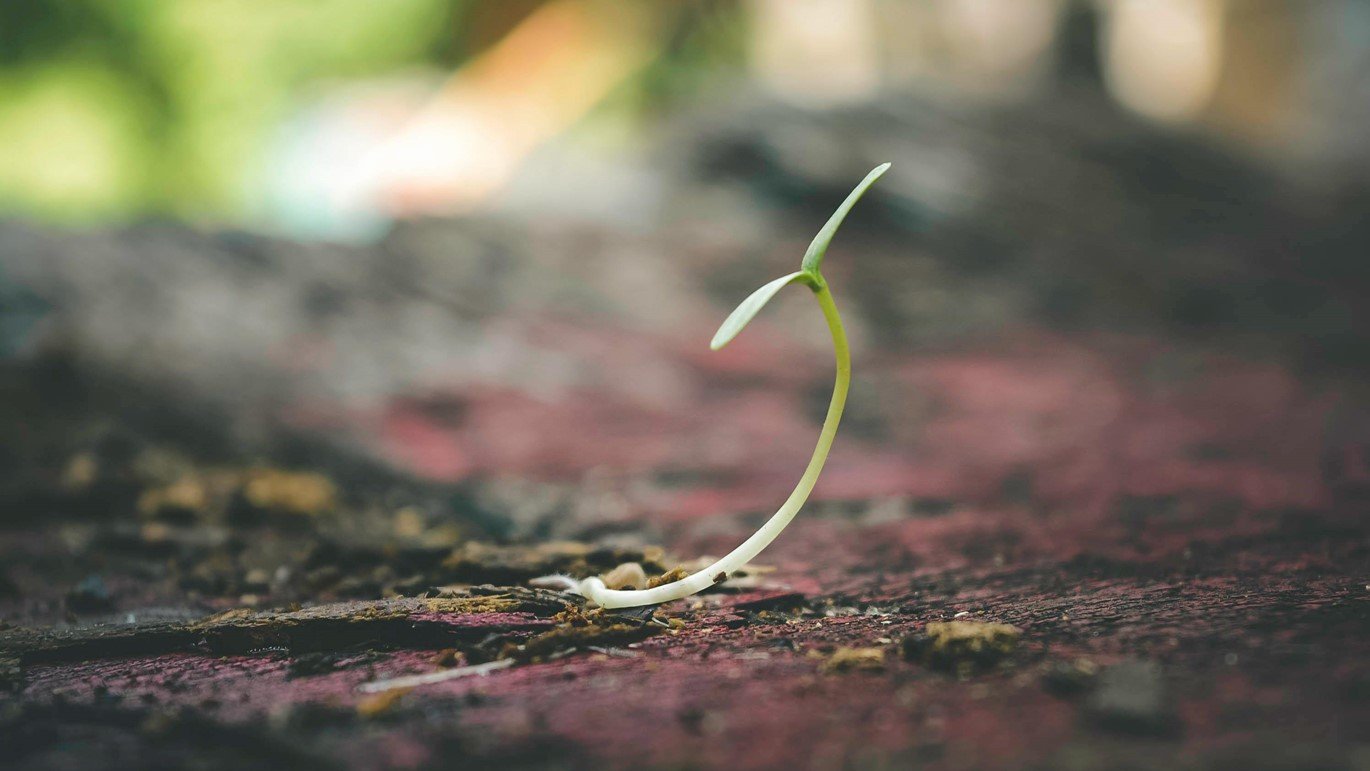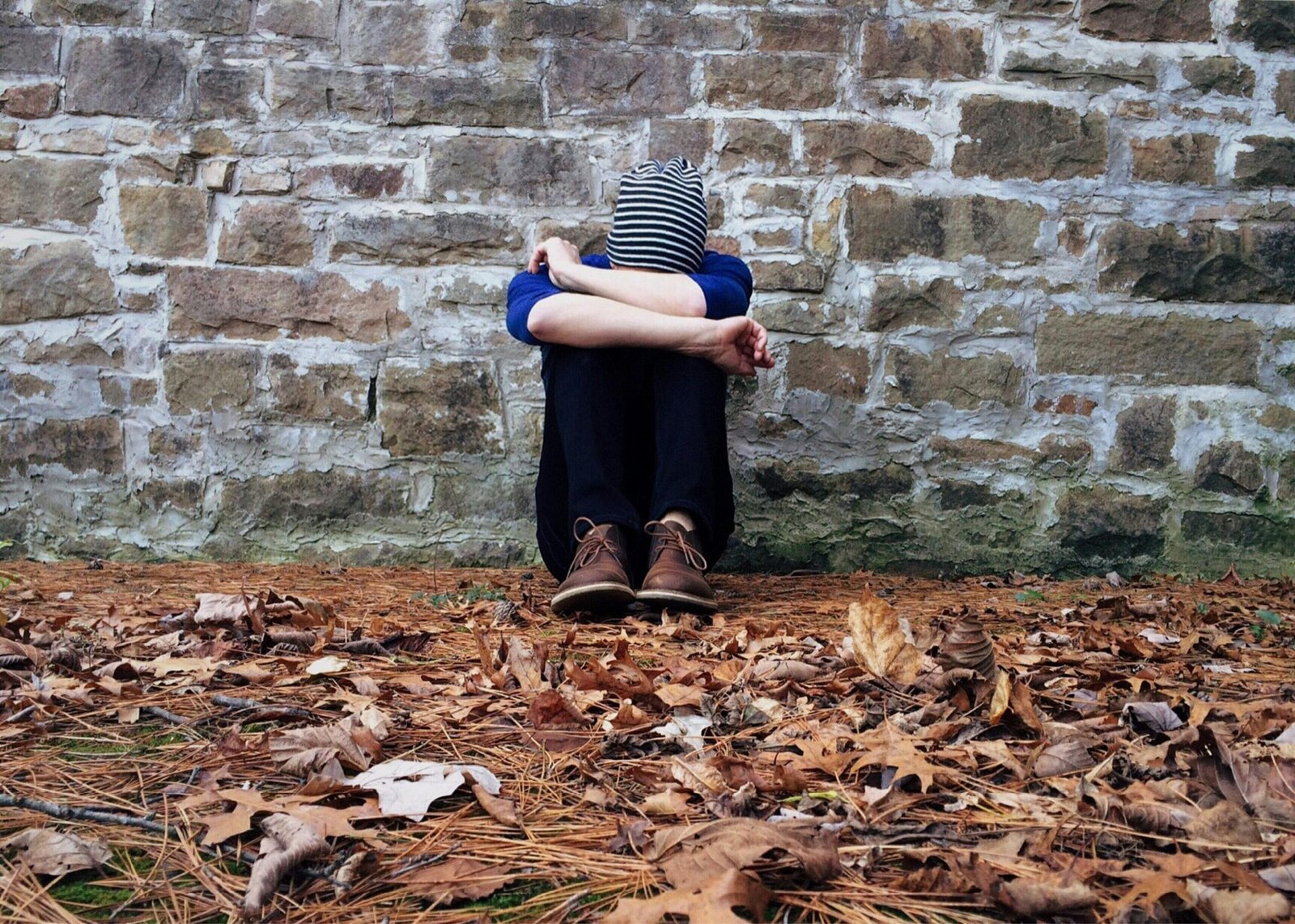
There was a time when I believed depression was just a word—something that happened to other people, a vague shadow that hovered in the distance. But the day I found myself unable to leave my bed, staring blankly at the ceiling as the world outside continued to spin without me, I realized just how wrong I was. Depression wasn’t a shadow; it was a storm, and I was caught right in the eye of it. The feeling of being trapped in my own mind was like being lost in an endless maze with no way out. Every corner I turned led me deeper into the darkness, and the light at the end seemed further away with each passing day. I began to feel like a stranger in my own life, as though I was watching the world through a foggy window, disconnected from everything and everyone I once knew. The simplest tasks became monumental challenges, and the things that once brought me joy felt like distant memories, taunting me from a place I could no longer reach.
Sleep, once a refuge, became elusive, and when it did come, it was filled with nightmares that only mirrored the turmoil I felt during the day. Waking up was a reminder that I had to face another day of battling the invisible enemy that had taken over my mind. The person I used to be seemed to slip further away with each passing moment, leaving behind a shell that was filled with nothing but pain and confusion. But as I navigated this overwhelming journey, I discovered something profound—something that would change the way I viewed life, myself, and even the concept of happiness. It wasn’t an epiphany that came all at once, but rather a series of small realizations that gradually began to piece together the shattered parts of my identity. Through the darkness, I started to see that depression, as consuming as it was, didn’t define me. It was part of my story, but it wasn’t the whole story. And in that realization, I found a flicker of hope—something to hold onto as I began the slow, often painful process of healing.
Learning Self-Compassion

Depression, in its cruel and silent way, taught me more about myself than any other experience. I learned that it wasn’t just about sadness or loneliness; it was about losing touch with who I was and struggling to find that connection again. The process was painstakingly slow, often frustrating, but it was also filled with moments of clarity that I would have never encountered otherwise. One of the most valuable lessons I learned was the importance of self-compassion. In the midst of depression, it’s easy to become your own harshest critic, to berate yourself for not being “strong enough” or “normal enough.” But as I slowly began to heal, I realized that the key to recovery was in being kind to myself—acknowledging my pain, accepting my flaws, and understanding that it was okay not to be okay.
This newfound self-compassion didn’t come easily; it required me to unlearn years of internalized judgment and societal expectations. I had to redefine what strength meant to me, moving away from the idea that strength was about being invulnerable, and toward the understanding that true strength lies in the ability to embrace vulnerability. I learned to listen to my inner voice, not the one that constantly criticized, but the one that whispered encouragement, the one that reminded me that healing was possible. In this journey, I also came to understand the value of small victories. There were days when getting out of bed felt like a monumental achievement, and I began to celebrate those moments instead of dismissing them as insignificant. I realized that recovery wasn’t about making giant leaps but about taking one step at a time, no matter how small. Each step forward, no matter how tiny, was a testament to my resilience and a reminder that I was moving in the right direction.
As I nurtured this self-compassion, I started to reclaim parts of myself that had been lost in the fog of depression. I began to rediscover my interests, my passions, and most importantly, my sense of self-worth. It wasn’t an overnight transformation, but a gradual process of rebuilding, piece by piece, the person I once was—stronger, wiser, and more compassionate than before. Ultimately, I learned that self-compassion is not just a tool for recovery; it’s a lifelong practice. It’s about being gentle with yourself in moments of weakness, forgiving yourself for your mistakes, and understanding that you are worthy of love and kindness, especially from yourself. This lesson has stayed with me, guiding me through not only the darkest times but also the everyday challenges of life.
The Power of Connection

Another significant lesson was the power of connection. Depression isolates you, creating a barrier between you and the rest of the world. But reaching out, even when it felt impossible, made a world of difference. Whether it was talking to a therapist, confiding in a friend, or simply expressing my thoughts in a journal, each small step helped me break free from the chains of isolation. At first, the idea of opening up felt daunting. The stigma surrounding mental health made me hesitant to share my struggles, fearing judgment or misunderstanding. But as I took those initial steps, I discovered that vulnerability, rather than being a weakness, was actually a profound source of strength. The more I allowed myself to be honest about what I was going through, the more I realized that I wasn’t alone. In fact, many of the people I reached out to had their own experiences with depression or knew someone who did. This shared understanding created a bond that was both comforting and empowering. I learned that while depression tries to convince you that you are alone in your suffering, the reality is that many people are willing to help if you let them in. It was in these moments of vulnerability that I found strength—strength in knowing that I didn’t have to face this battle by myself.
Connection didn’t just come from human interaction; it also emerged from engaging with the world in small, meaningful ways. I found solace in nature, in the simple act of going for a walk and feeling the sun on my face. I connected with art, music, and literature—finding reflections of my own experiences in the stories of others. These connections, whether with people or the world around me, became lifelines that anchored me when I felt like I was drifting. In these moments, I discovered that connection wasn’t just about reaching out; it was also about letting in—letting in support, understanding, and love. It was about allowing others to see me at my most vulnerable and accepting their help without shame. This acceptance was transformative. It taught me that true strength lies in our ability to connect with others, to share our burdens, and to lean on each other in times of need.
As I embraced the power of connection, I began to rebuild my life, piece by piece. The relationships I nurtured during this time became a crucial part of my healing process. They reminded me that I was part of something bigger than my pain, that I belonged to a community of people who cared about me, and that I didn’t have to go through this alone.
Understanding the Non-Linear Nature of Healing

I also learned that healing is not linear. There were days when I felt like I was making progress, only to be pulled back into the depths the next day. But with time, I came to understand that this was part of the process. Each setback was not a failure, but rather a reminder that healing is a journey, not a destination. This realization helped me to be more patient with myself, to understand that it was okay to take two steps forward and one step back. It’s in this dance of progress and regression that true healing takes place. I began to see that these setbacks weren’t erasing my progress but were instead teaching me resilience and fortitude. They were opportunities to practice self-compassion, to reaffirm my commitment to getting better, and to learn new ways of coping. Through this non-linear journey, I discovered that each time I faced a setback, I was a little stronger, a little wiser. The bad days no longer felt like the end of the world, but rather like chapters in a larger story of growth and transformation. This understanding allowed me to approach my healing with a sense of curiosity rather than frustration, to embrace the ups and downs as part of the natural ebb and flow of recovery.
In time, I learned to trust the process, knowing that every twist and turn was guiding me toward a deeper understanding of myself and a more profound sense of inner peace.
Embracing Resilience and Growth

In the end, my battle with depression reshaped my life in ways I could never have imagined. It taught me resilience, patience, and the incredible strength that lies within all of us, even when we feel at our weakest. And while I wouldn’t wish the experience on anyone, I now see it as a pivotal chapter in my life—a chapter that has made me who I am today. If you’re reading this and struggling with depression, I want you to know that you are not alone. Your journey may be different from mine, but the lessons you’ll learn along the way will be just as transformative. Embrace the process, be kind to yourself, and remember that every step forward, no matter how small, is a victory.
